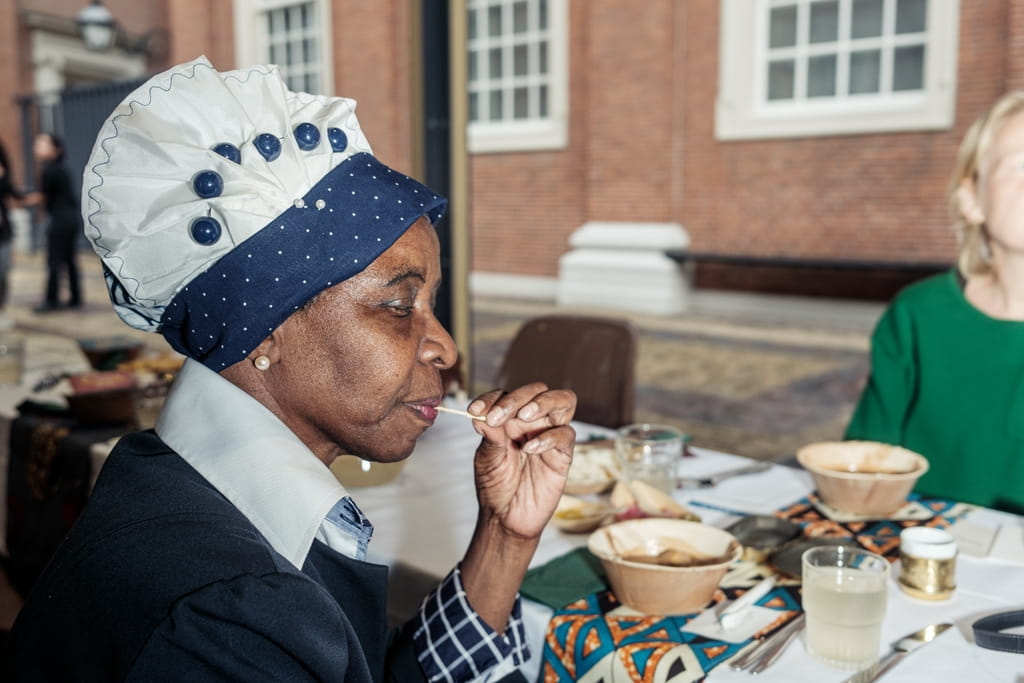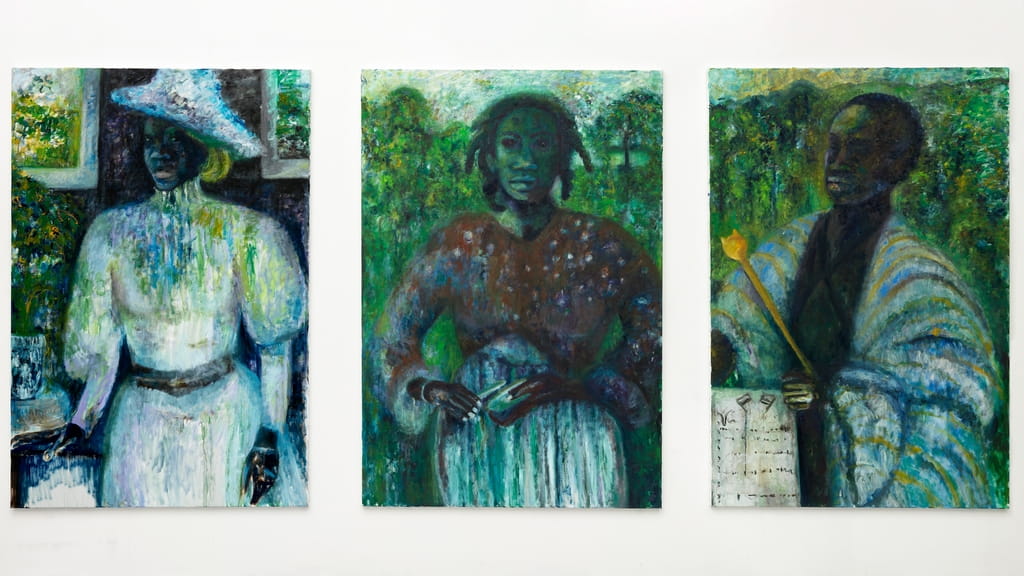Sanne Roemen - Door mijn filters - Editie #352 - !

150 jaar (eigenlijk 160) einde aan de slavernij. Nog 10 jaar moesten ze doorwerken, ze gingen van bezit naar dwangarbeid. De eigenaren werden ruimhartig gecompenseerd. En wij, nu, oogsten dagelijks de vruchten van wat in die tijd gezaaid is. Het is aan ons, nu om ons huiswerk te doen en in te lezen in de werkelijke geschiedenis. Daarom hieronder wat links. Dan doen we volgende week weer lol ok?
Herstel
Mooi, die excuses en de vraag om vergiffenis van WimLex. Echt. En als we het vervolgens over herstel hebben, waar gaat het dan over?
The United Nations describes reparations in other contexts and distinguishes several components:
- Prevention and non-repetition: Stopping the violation of human rights and ensuring that it does not happen again. This includes protecting individuals working in the fields of law, healthcare, media, as well as activists.
- Restitution: Restoring affected communities to the situation they were in before the crime took place. For example, returning stolen heritage, restoring freedoms, and facilitating voluntary return to their place of residence.
- Compensation: Providing compensation for loss of income, property, economic opportunities, and moral damage.
- Rehabilitation: Assisting with medical and psychological care or providing legal and social support for rehabilitation.
- Satisfaction: Achieving satisfaction through truth-seeking, efforts to locate missing persons, public apologies, legal and administrative sanctions, monuments, and commemorations.
Jurist over slavernij-excuses: ‘Herstelbetalingen gaan niet over geld’ - OneWorld
Na excuses voor het slavernijverleden, dient zich een heet hangijzer aan: herstelbetalingen. Die zijn niet simpelweg een ‘uitbetaling’, al denken veel mensen van wel. Herstelbetalingen-adviseur Esther Stanford-Xosei legt de misverstanden uit. ’We kunnen reparatie zien als een proces dat hoop en waar…

Na 150 jaar excuses voor het slavernijverleden door koning Willem-Alexander — Lilith
Koning Willem-Alexander bood tijdens de Nationale Herdenking van het slavernijverleden zijn excuses aan. Het is vandaag, 1 juli, Keti Koti, ofwel de dag waarop de afschaffing van de slavernij wordt herdacht en gevierd. Ook start vandaag het herdenkingsjaar, omdat het dit jaar 150 jaar geleden is dat

Dialoog
Aan deze tafel lukt het wél om een vruchtbaar gesprek over racisme te voeren
Dát ons gedeelde slavernijverleden doorwerkt in het heden, wordt in Nederland steeds breder gevoeld en besproken. Maar hoe dan precies? Aan de ‘Keti Koti Tafels’ van sociaal activist Mercedes Zandwijken maken witte en zwarte tafelgasten het heel concreet.

Ja, Keti Koti gaat ook jóú aan
Het slavernijverleden is van alle Nederlanders: zwarte, bruine én witte mensen. Stilstaan bij Keti Koti is stilstaan bij wie we nu zijn: een samenleving versmolten met een pijnlijke en schaamtevolle geschiedenis.

Lees je in
Ambo|Anthos uitgevers - Slavernij en beschaving

Anton de Kom
Anton de Kom is een Surinaamse antikoloniale schrijver, activist en verzetsheld. In 1934 publiceert hij zijn boek Wij slaven van Suriname, een aanklacht tegen…
(crop-%2B465%2B379)(mediaclass-facebook-og.b5819252b823294e38784230822ce56c0fa571c2)(E9E5309AFF2291100BC6D5149218E77C).jpg)




